Appropriate Body Reform and Induction Assessment
Feedback updated 6 Dec 2022
We asked
We asked for views on the effectiveness of appropriate bodies (ABs) in their roles and how far the formal assessment process adds value to early career teachers (ECTs), schools and the profession more broadly. We announced that we will be reforming who can operate as an AB so that Teaching School Hubs (TSHs) will become the main providers of AB services and local authorities will no longer carry out this role. Additionally, we asked for views on the timeframe and the needs of the current AB sector to enable a successful transition.
You said
We received 332 responses from a range of different types of organisations including: local authorities, TSHs, national ABs, maintained schools, academy trusts, independent schools, British schools overseas, trade unions and Early Career Framework (ECF) lead providers. Key findings were that:
- The overall perception is that ABs are effective in a range of roles, but that there is inconsistency of approach and more to do on tackling barriers to effective checking of entitlements, particularly around mentoring.
- Wide agreement that assessment and the verifying AB role is valued and fit for purpose but that there is more we can do to minimise workload.
- A longer timeframe for removing the role from local authorities will better serve the interests of ECTs to minimise mid-induction transfers between ABs.
- Support is essential to ensure all TSHs have the capacity, expertise, and relationships in place to take on an increased AB role.
We did
Following consideration of the responses we committed to a longer, phased transitional period towards local authorities no longer operating as ABs, up to September 2024. There will be a programme of support for TSHs working via the Teaching School Hubs Council to build capacity and expertise. We also committed to updating the guidance for ABs, informed by further stakeholder engagement, which will include advice on the depth and detail needed in progress reviews and formal assessments, as well as on entitlement checking. The Department will continue to provide updates and advice to assist all ABs, schools and ECTs to ensure a successful transition during the reforms.
You can read the Government’s response to the consultation in full on the ‘Appropriate body reform and induction assessment - GOV.UK (www.gov.uk)’ webpage.
Overview
We are announcing reforms to the appropriate body (AB) sector and seeking views on the transitional period, the roles of the AB, and the value of formal assessment in statutory teacher induction.
Why your views matter
Appropriate bodies (ABs) are organisations that have the main quality assurance role in statutory teacher induction. They ensure that early career teachers (ECTs) receive their statutory entitlements and that the support, assessment and guidance procedures in place are fair and appropriate.
In order to bring clearer accountability and greater consistency we will reform the AB sector so that Teaching School Hubs (TSHs) will become the main providers of AB services and local authorities will no longer carry out this role.
We are seeking views on the needs of the current AB sector and timeframe that would enable a successful transition to this new AB sector, and on the value of the formal assessment process during statutory teacher induction and the efficacy with which the AB roles and responsibilities are being carried out.
We encourage anyone with an interest in statutory teacher induction to read the consultation document uploaded below and respond to the consultation here.
What happens next
The department would like to thank those who engaged with the AB reform consultation. Responses to the consultation, including those around the length of the transition period, are being closely considered.
The government response to the AB reform consultation is expected to be published after autumn half-term.
Audiences
- Teachers
- Headteachers
- Governors
- School support staff
- Training providers
- Local authorities
- Further education colleges
- Sixth form colleges
- Independent specialist colleges
- Designated institutions and 16-19 academies
Interests
- Education
- Statutory policies and guidance
- Teacher assessment

Share
Share on Twitter Share on Facebook